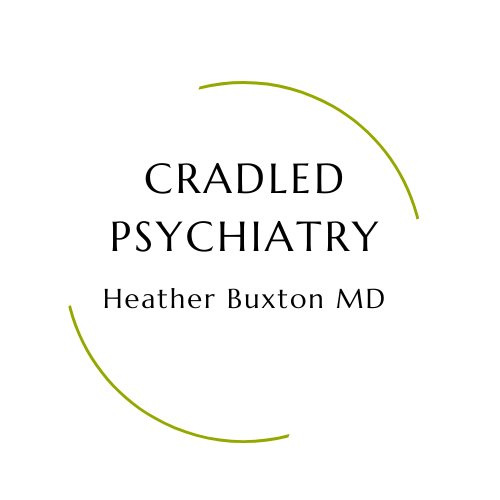Therapy Modalities
Acceptance and Commitment Therapy (ACT)
ACT helps you learn new ways to respond to difficult thoughts and feelings. Instead of fighting with or avoiding them, ACT teaches skills to notice and accept them, while also making choices that move you toward your values and the life you want to live.
Cognitive Behavioral Therapy (CBT)
CBT is based on the idea that our thoughts, feelings, and behaviors are connected. By identifying unhelpful thought patterns and practicing new ways of thinking and acting, CBT can reduce distress and help you build healthier coping skills.
Dialectical Behavior Therapy (DBT)
DBT combines acceptance and change. It teaches concrete skills in four key areas: mindfulness, emotion regulation, distress tolerance, and interpersonal effectiveness. These tools help you manage intense emotions, reduce impulsive behaviors, and build stronger, more balanced relationships.
Internal Family Systems (IFS) / Parts Work
IFS, often called “parts work,” is based on the idea that we all have different “parts” of ourselves—like an inner critic, a protective part, or a tender, younger part. Each part has its own role and story, even when they feel in conflict. Therapy helps you get to know these parts with curiosity and compassion, so they can work together under the guidance of your core “Self.” The goal is greater balance, healing, and wholeness.
Attachment-Based Therapy
Attachment-based therapy focuses on how early relationships with caregivers shape the way we connect, trust, and relate to others throughout life. In therapy, we explore these patterns with the goal of strengthening your sense of security, building healthier relationships, and fostering emotional resilience.
Supportive Psychotherapy
Supportive therapy provides a safe and nonjudgmental space where you can share openly, feel understood, and build confidence. It emphasizes encouragement, validation, and practical guidance to help you cope with current challenges while reinforcing your strengths.
Dyadic and Developmental Approaches
Dyadic and developmental approaches are especially helpful in child and family work. They focus on the relationship between caregiver and child, recognizing that growth happens within the context of connection. By supporting both the child’s development and the caregiver-child bond, these approaches foster healthier emotional and relational outcomes.

